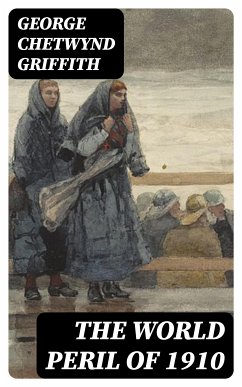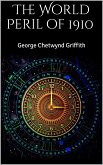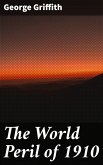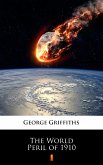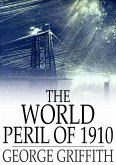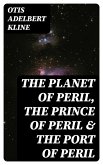In "The World Peril of 1910," George Chetwynd Griffith weaves a gripping tale of impending global catastrophe through a compelling blend of adventure, science fiction, and political commentary. Set against the backdrop of an early 20th-century society on the brink of transformation, the narrative embarks on an exploration of the perils of unchecked technological advancement and environmental degradation. Griffith's vivid prose and imaginative speculation reflect the anxieties of the Edwardian era, engaging debates around imperialism and the burgeoning threat of industrialization, making it a prescient text that resonates today. Griffith, a prolific writer who embraced the genres of speculative fiction and fantasy, crafted this work at a time when Europe was grappling with rapid changes fueled by technological progress. His travels and experiences as a journalist shaped his critical understanding of geopolitics, providing a rich backdrop to his fiction. This novel stands out as a reflection of Griffith's concern for humanity's future and his ambition to merge entertainment with moral insight, a hallmark of his career as an author. This thought-provoking novel is essential reading for those interested in speculative fiction and the historical context of early 20th-century concerns. "The World Peril of 1910" invites readers not only to entertain the possibilities of the future but also to reflect on the ethical dimensions of progress, making it a timeless exploration of humanity's most pressing dilemmas.
Dieser Download kann aus rechtlichen Gründen nur mit Rechnungsadresse in A, B, BG, CY, CZ, D, DK, EW, E, FIN, F, GR, H, IRL, I, LT, L, LR, M, NL, PL, P, R, S, SLO, SK ausgeliefert werden.

